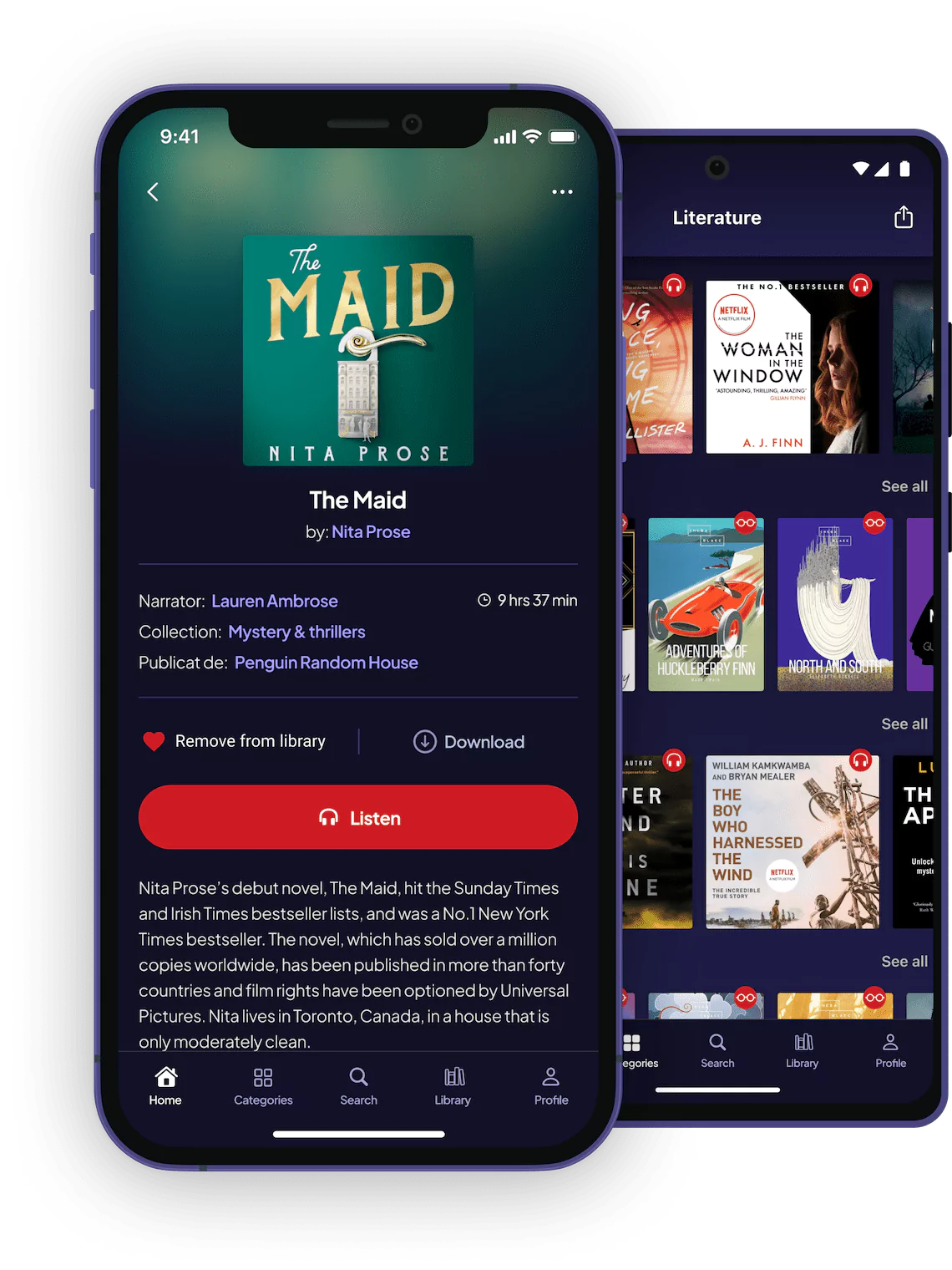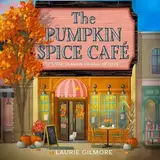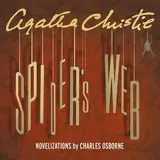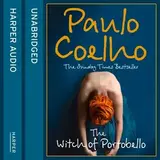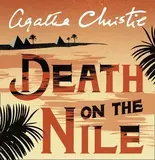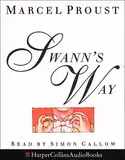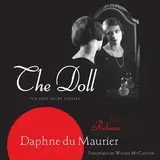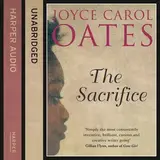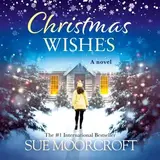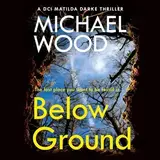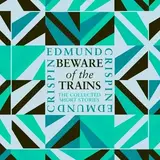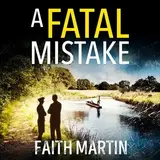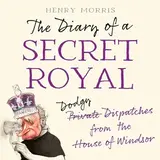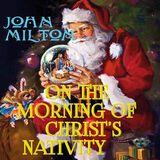

On the Morning of Christ's Nativity
Narrator: Trevor O'Hare
Duration: 9 min
John Milton's
On the Morning of Christ's Nativity is no ordinary Christmas poem. Written when he was just twenty-one, it reveals an early glimpse of the depth and ambition that would later shape Paradise Lost. Here, the nativity is not sentimental but cosmic: a quiet moment that echoes across heaven, earth, and myth.
This is poetry as vision—blending classical imagery, biblical themes, and rich musical language. Angels descend, stars pause in wonder, and the natural world falls into a hush. Pagan gods retreat into silence, as if even they recognize the shift in power. The newborn Christ is portrayed not as a helpless child but as a divine force whose presence alters the very fabric of time and meaning.
Milton's language is grand but not distant. Each stanza is alive with texture, rhythm, and the gravity of ideas beyond the page. This is not a poem that tells a story—it opens a door. And on the other side is a world both ancient and eternal, where poetry and theology walk hand in hand.
Listeners will find here not just a work of seasonal reverence but a meditative, imaginative journey. It's a bold start from a young poet already aware of the weight of words—and how they can shape both heaven and earth.
John Milton (1608–1674) was an English poet, essayist, and political thinker, best known for his epic poem
Paradise Lost. Born in London into a middle-class family, he received a strong classical education, studying at St. Paul's School and later at Christ's College, Cambridge. Fluent in several languages, Milton developed a deep interest in theology, philosophy, and literature.
In his early career, he wrote lyrical and pastoral poetry, including
L'Allegro, Il Penseroso, and
Lycidas.
On the Morning of Christ's Nativity, written when he was just 21, is one of his first major works and reflects both his poetic talent and religious thought.
Milton was also deeply involved in the political and religious debates of his time. A committed republican, he supported Oliver Cromwell and the Commonwealth during the English Civil War. He wrote numerous pamphlets in defense of free speech and individual liberty, most notably
Areopagitica.
In his forties, Milton lost his eyesight but continued to write. He dictated his later works, including
Paradise Lost, Paradise Regained, and
Samson Agonistes. His poetry is known for its rich language, classical influences, and engagement with moral and spiritual questions.
John Milton remains a central figure in English literature. His ability to combine intellectual depth with poetic beauty has influenced generations of writers and thinkers.
Published by: Strelbytskyy Multimedia Publishing
Similar Titles
See allHow does it work?
Create your account.
Create your free account here.
Download the Voxa app
Available for Android and iPhone from Google Play or App Store.
Try free for 7 days
Enjoy access to 100,000 titles and the entire Voxa experience.
Listen without internet
Download your favorite audiobooks and enjoy them even when you're offline.
